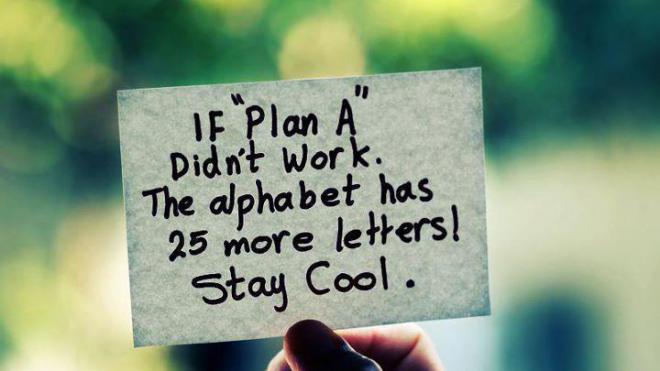Successes and failures of crowdfunding: examples, causes, investigations
 Despite the fact that crowdfunding in the Internet business has existed for about 15 years, the real success and relevance to this method of attracting investment came relatively recently. Many start-up projects today attract funding through the access to crowdfunding platforms, the most popular of which are the well-known Kickstarter and Indiegogo, and thus provide opportunities for implementation and the future for their developments. Nevertheless, despite the rather obvious scheme of crowdfunding and a huge number of advantages, not all projects after a successful start and collecting the necessary amount for development needs are able to move on and fulfill their promises to investors. Editorial UBR.ua collected the most famous cases of success and failure of start-ups on Kickstarter and decided to figure out why some projects find their gold mine, while others remain outside the big business.
Despite the fact that crowdfunding in the Internet business has existed for about 15 years, the real success and relevance to this method of attracting investment came relatively recently. Many start-up projects today attract funding through the access to crowdfunding platforms, the most popular of which are the well-known Kickstarter and Indiegogo, and thus provide opportunities for implementation and the future for their developments. Nevertheless, despite the rather obvious scheme of crowdfunding and a huge number of advantages, not all projects after a successful start and collecting the necessary amount for development needs are able to move on and fulfill their promises to investors. Editorial UBR.ua collected the most famous cases of success and failure of start-ups on Kickstarter and decided to figure out why some projects find their gold mine, while others remain outside the big business.
Success: a set of circumstances or good promotion
One of the recent sensations Kickstarter was the gadget Sense, the creators of which for two days collected an amount seven times higher than planned for the month. Such an agiotage around the product of the Hello startup from California can be explained by the fact that Sense promises to solve an acute problem of many – the problem of quality sleep, and, moreover, is a hardware project, the demand for which has recently increased significantly. In short, the gadget keeps track of where the owner is resting and sleeping, and the special application even “knows” how to determine the sleep phases, a good time to wake up, and also tracks what the user’s sleep could have interrupted – a loud sound, noise etc. The market accepted the new gadget with approval, but, nevertheless, the specialists are not unanimous in their opinion regarding Sense, since there are no people with medical education in the project team. At the moment, the startup team accepts pre-orders for Sense and promises to start the first deliveries in the autumn.
Almost an encyclopedic example of success on Kickstarter is the story of the Pebble smart watch project. The principle of the development operation is that the clock, synchronizing via Bluetooth with an Android or iOS smartphone, displays everything that happens on the user’s phone — received calls, messages, etc. and allow to process them. At Kickstarter, the startup collected a record amount of more than $ 10 million, instead of the stated $ 100 thousand. After a successful crowdfunding, the creators of Peeble undertook to implement their project, but they encountered significant problems. Under the terms of the investment, the founders promised all 67,000 of the finished goods delivered to the project within a certain time frame, but they did not cope with the task and postponed the delivery, explaining that this was a complicated production procedure. Such a decision by the founder of the project, Eric Migikovsky, caused discontent among a number of users and resulted in requests for the return of invested funds. However, over time, the scandal subsided, and Pebble watches have long been commercially available.
Despite the high amount of investment that the smart watch was able to collect, the record for this project is already broken. In August of this year, Kickstarter users generously appreciated the development of Coolest Cooler, which is a USB fridge with useful functions in the form of a blender, a removable waterproof wireless speaker system, a USB interface charger, etc. For 5 days, the project raised $ 5 million, and by the end of the campaign – $ 11 million. Project creator Ryan Gripper is not new to Kickstarter. His first attempt to access the platform was not appreciated by users, but the second was more than just successful.
Dips and their causes
Alas, not always and not all the money received from crowdfunding brings long-awaited progress and development. Ed Carter, the creator of the computer game Glory to Rome, expected to receive a very modest sum of $ 21 thousand. His expectations were justified – 1600 users invested in the project, having collected $ 73 thousand. But the unexpected success in the long run turned into big trouble. Carter promised his investors free delivery of the game, but it turned out that users live in completely different parts of the world, and the delivery flies a pretty penny. As a result, Ed delivered about $ 100 thousand of his savings, and he was also fired from his job and lost his home in Boston due to unpaid mortgages.




